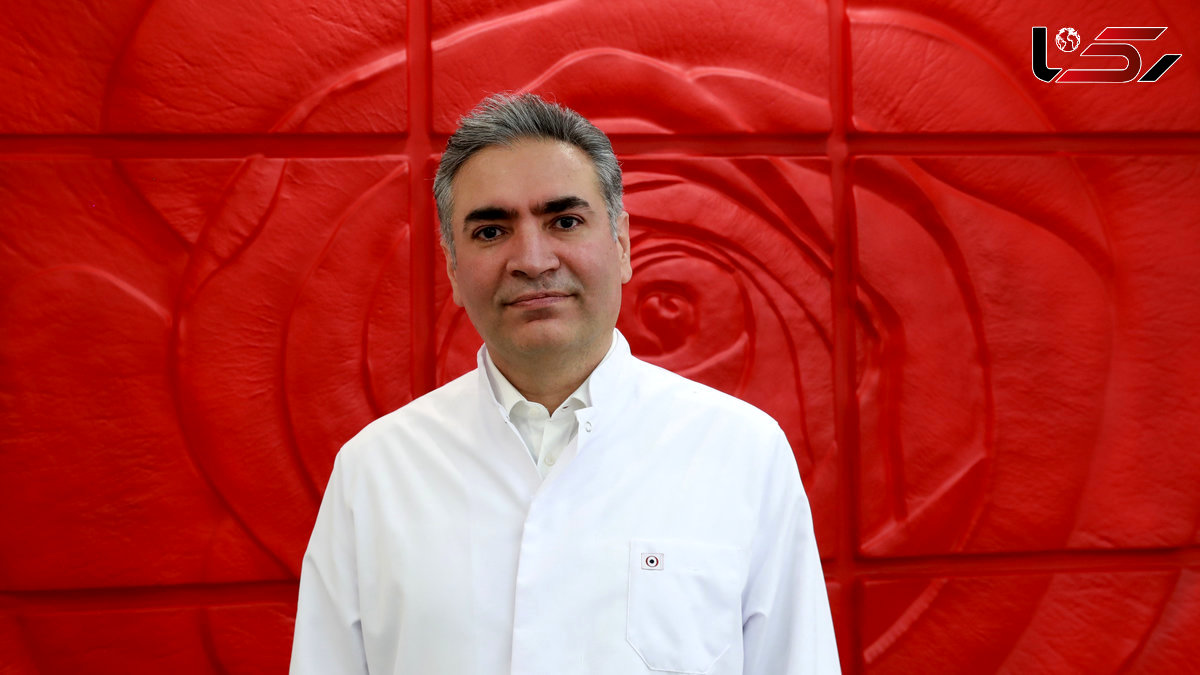Rokna reports:
How a Village Child Became a Renowned Iranian Doctor + Video
Rokna Social Desk: Dr. Hamed Abbasi, by overcoming the hardships of his childhood, pursued a medical and cosmetic surgery career with a strong focus on professional ethics and empathy for his patients.

Speaking to Rokna’s social affairs correspondent, Dr. Abbasi, an ear, nose, and throat (ENT) surgeon with over 18 years of experience, reflected on his childhood and emphasized that the profession and future path of every individual are deeply rooted in their early life experiences. Born in a village in Malayer County, Hamadan, he faced chronic throat infections and a cleft lip from a young age—a condition he described as far from “sweet” and instead “like poison.”
Dr. Abbasi recounted his childhood to Rokna: “I grew up in a community that was not well-educated and did not know how to treat people who were different from them. I always felt that something was missing in me and often felt humiliated in social gatherings. I couldn’t even eat walnuts because it aggravated my throat. I always wished to live at least one month without a sore throat and often wondered why people did not appreciate their health.”
His father, a driver, took him to various doctors for treatment. Dr. Abbasi recalls one of his early operations: “An ENT specialist visited Nahavand and Malayer for consultations. He said that my throat problem was due to my cleft lip and mouth breathing, and the only solution was surgery. A large fee was charged, and the operation was done in non-sterile conditions with only local anesthesia. The surgery failed, and two weeks later, when they wanted to remove the stitches, they said one of the stitches had opened and re-stitched it without anesthesia. Another patient even protested, asking why they were doing this. I was only 12 or 13 at the time.”
This bitter experience became a turning point in his life: “One reason I studied hard was because of that doctor, whom I still see these days and now, in a way, we are colleagues. I tried never to be like him and realized that before becoming a doctor, one must first be a human being.”
Entering university and continuing his education in a family without an academic background was like a dream for him. Dr. Abbasi studied in Isfahan and, under the supervision of Dr. Tabatabai, a plastic surgeon, experienced a successful treatment. This experience not only restored his self-confidence but also became a model for his professional path, so that today, walking down the street, he is no longer seen as a person with a significant physical flaw.
Regarding his professional path, Dr. Abbasi says: “Some of my patients have no real medical issues and come for cosmetic reasons, but I take the time to talk to them and often discourage unnecessary procedures. My goal is to help those who genuinely need it, and I never harm anyone with incorrect advice, even if it could be financially beneficial for me.”
After completing his studies, he moved to Saqez in Kurdistan Province, where he performed his first cosmetic rhinoplasty on the niece of a local healthcare driver. Despite a modest fee of only 30,000 tomans, it became one of his most successful surgeries.
The life story and experiences of Dr. Hamed Abbasi demonstrate that childhood hardships and suffering from illness can inspire a person’s future path. Drawing motivation from the unsuccessful treatments of his youth, he became a compassionate and humane doctor—one who seeks not only income but the restoration of health, self-confidence, and hope in his patients. The clear lesson is that a good doctor must prioritize humanity and empathy before surgical skill.
Send Comments